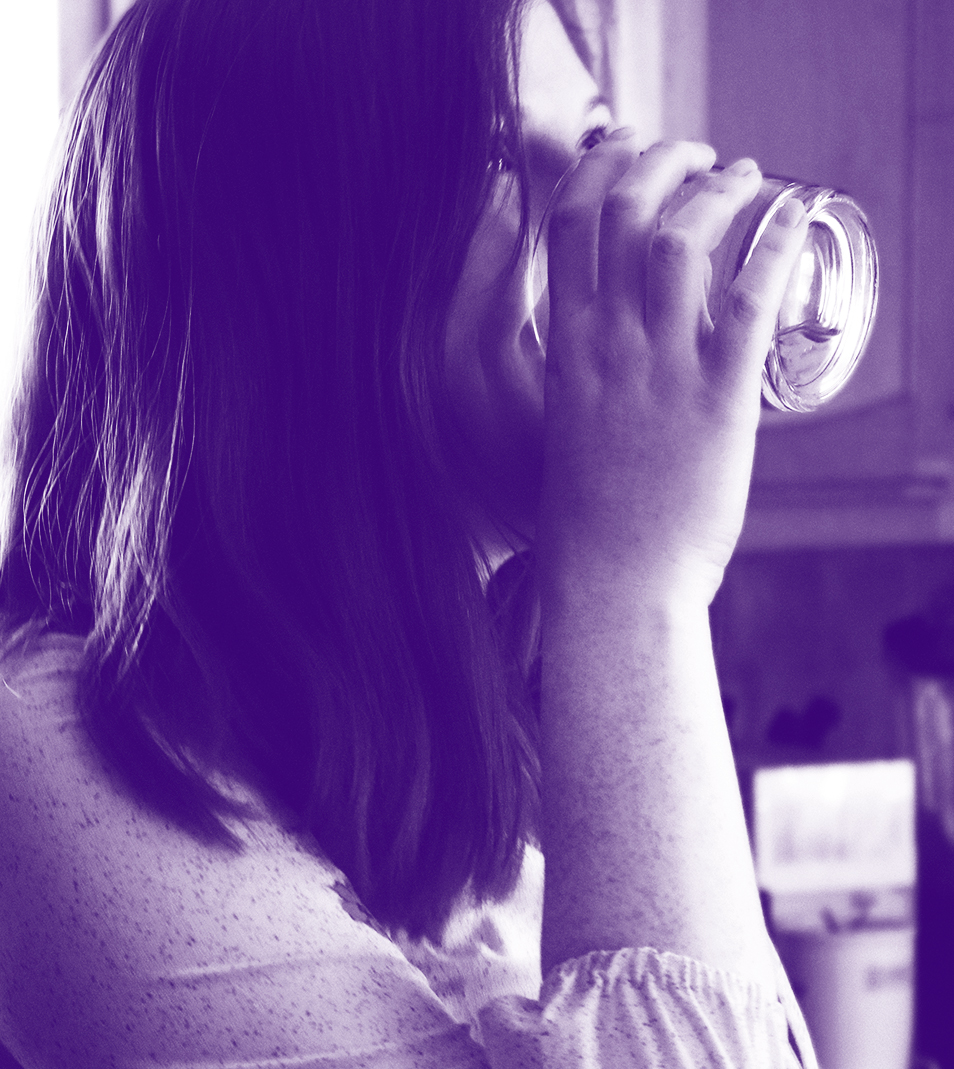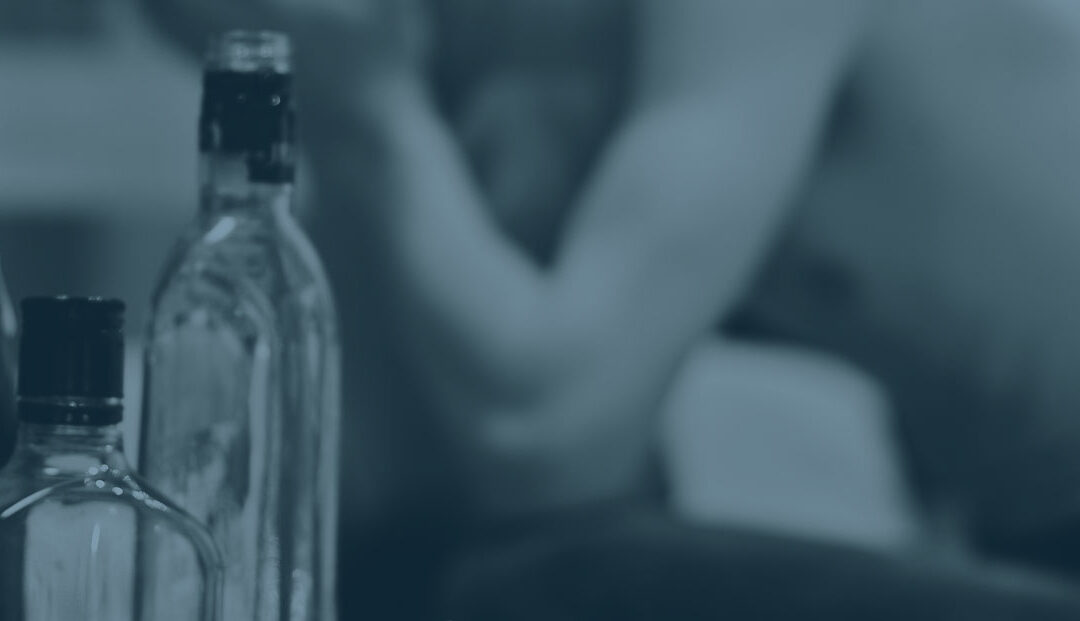Alcoholism – A Drinking Disease or A Thinking Disease?
I am often amazed how the thinking of alcoholics and addicts, prior to effective alcoholism treatment, is so similar. I have worked with hundreds of such people from ages 18 to 77, male and female. The similarities in thinking patterns among the vast majority of these people (and myself prior to finally receiving and accepting treatment) is astounding.
By Shayne Sundholm

Anxiety, depression and minds that spin out of control
From the earliest memories of these people (people like me), there seems to be a feeling that they do not “fit in.” Something is off. There is an inability to live in the present.
The thinking is that of projecting into the future or reliving things from the past. Their minds spin at what feels like a million miles an hour. There is a sense of extreme anxiety and/or depression. Delusional thinking and catastrophizing are very common.
Alcohol is the solution – at first
How could it be that an 18-year-old female and a 77-year-old male have virtually the same thinking patterns? The answer is that addiction is a disease. This type of thinking is a predisposition to the disease brought on by a combination of genetic and environmental factors.
As these people seek relief from this thinking, along comes alcohol, which appears to be the solution, not the problem.
Once a person, predisposed to the disease of addiction, starts to consume alcohol or drugs and if the genetic factors are truly there, there is a very good chance the person will become addicted. The vicious cycle then begins. We drink or drug to medicate our thinking. We get drunk and high and do incredibly destructive things.
A downward spiral
We sober up or come down and things are worse. We once again reach for the drink or drug. Worse outcomes ensue. We drink or drug even more each time. We begin to enter detoxes, alcohol and drug treatment centers, psych centers and jails.
We begin to lose or entirely lose our families, friends and jobs. Without effective treatment and a true willingness to get well, the outcomes are inevitable – jails, institutions and death.
Though I would not trade my life for anything, I sometimes wonder what might have happened had I been diagnosed and treated for this condition “before I drank?”
Could it have been different?
Had I been taught that I more than likely would become an alcoholic due to my genetic history and thinking patterns, could I have avoided the catastrophic circumstances of alcoholism?
Can this disease be “headed off at the pass” with early intervention before a person picks up a drink or drug? As more science comes to light around addiction given the global epidemic that now exists, perhaps this might be further explored.
I can only speak for myself and my experiences working with people suffering from alcohol and drugs, but I tend to believe that the majority of addicts start off with more of a “thinking disease” prior to consuming alcohol or drugs. This often turns into full blow alcoholism and/or drug addiction.
Recovery requires a dramatic change in thinking, which is why effective treatment focused on achieving this change is absolutely critical. Call us today at 888-330-2532 to get started.


